Mozambique: 10 lecturers dismissed for sexual harassment
U.S. Government moves to local implementation of key HIV/AIDs prevention activity
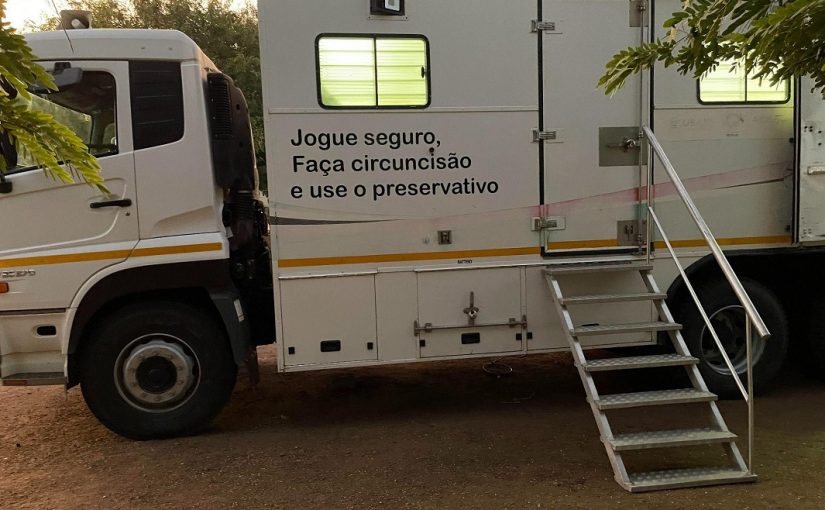
USAID-funded mobile circumcision unit; Ministry of Health publicity promoting voluntary male circumcision. [Photo courtesy: Us Embassy in Mozambique]
The U.S. Government, through the United States Agency for International Development (USAID), announces a new four-year program that will reduce HIV/AIDS transmission by improving access to high-quality voluntary medical male circumcision services. Mozambican partner, ELOS, will implement the project.
Mozambique has one of the largest numbers of people living with HIV in the world, and currently reports a 12.5% HIV prevalence rate. To respond to this epidemic, the U.S. government partners with the Mozambican government and community groups to prevent further infections and to make progress towards epidemic control. Through the U.S. President’s Emergency Plan for AIDS Relief (PEPFAR) in Mozambique, interventions range from testing to treatment, to investments in the health system, to capacity building among health workers.
To reduce sexual transmission of HIV, male circumcision has proven to be critical. The USAID Voluntary Medical Male Circumcision (VMMC) program works in collaboration with the Ministry of Health to improve the overall quality and safety of VMMC services provided, while also boosting demand for these services among young men. Male circumcision rates in Manica and Tete provinces are 36 and 28 percent respectively, lagging far behind the national average of 73 percent (2021). Therefore, activities will focus on men aged 15-29 in Manica and Tete provinces. This project will promote the benefits of circumcision, increase the availability of VMMC sites and monitor the quality and safety of the services provided. In addition to providing VMMC procedures, the project approach includes HIV testing and counseling, condom promotion, sexually transmitted infection management and referrals to care and treatment services. USAID is investing $28 million into this initiative over the next four years.
During the launch of this activity, Acting USAID Mission Director David Young stated that “by moving the implementation of U.S. Government foreign assistance projects from international partners to local NGOs, Mozambicans will benefit from programming that is more responsive to local knowledge and has a vested interest in promoting Mozambique’s development. The United States is committed to helping communities fight the spread of HIV by using proven approaches, including voluntary male circumcision.”
The U.S. Government provides more than $400 million in annual assistance towards fighting the HIV/AIDS epidemic in Mozambique through the U.S. President’s Emergency Plan for AIDS Relief (PEPFAR). With this support, Mozambique’s national HIV response has made incredible progress in getting people living with HIV to access and sustain treatment. As a result, the country is on track to achieve the UNAIDS 95-95-95 goal by 2025.
In close collaboration with the Government of the Republic of Mozambique, the U.S. Government provides more than $800 million in annual assistance to improve the quality of healthcare, education, to promote economic prosperity, and stability to support the overall development of the nation.
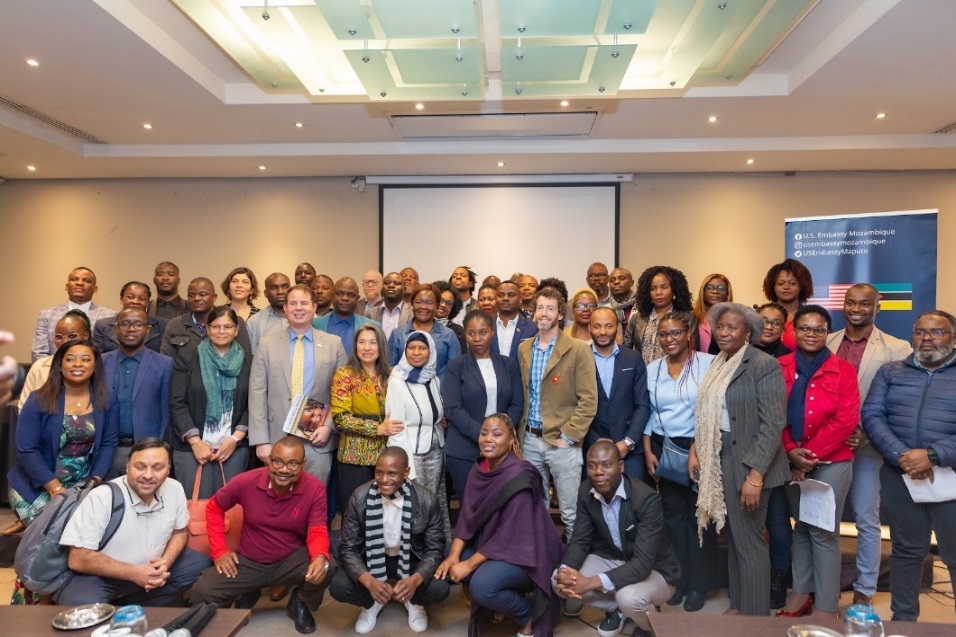



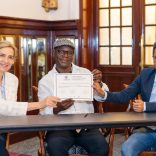
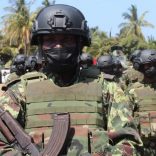

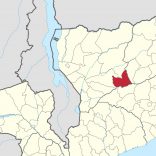
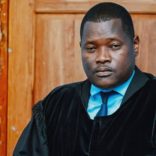




Leave a Reply
Be the First to Comment!
You must be logged in to post a comment.
You must be logged in to post a comment.